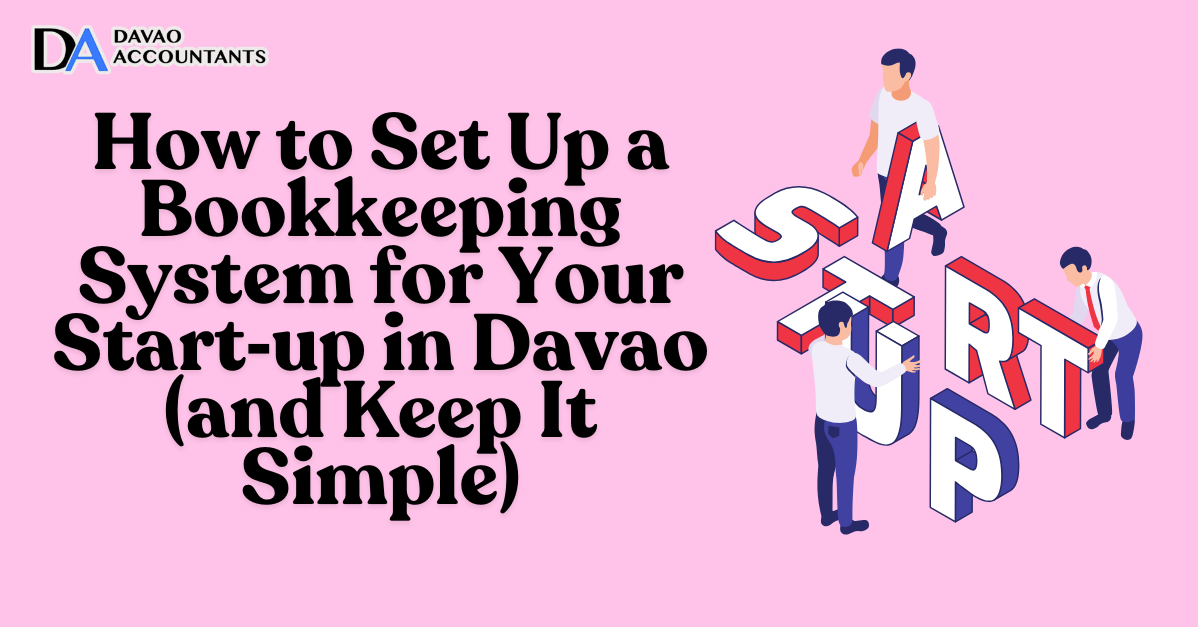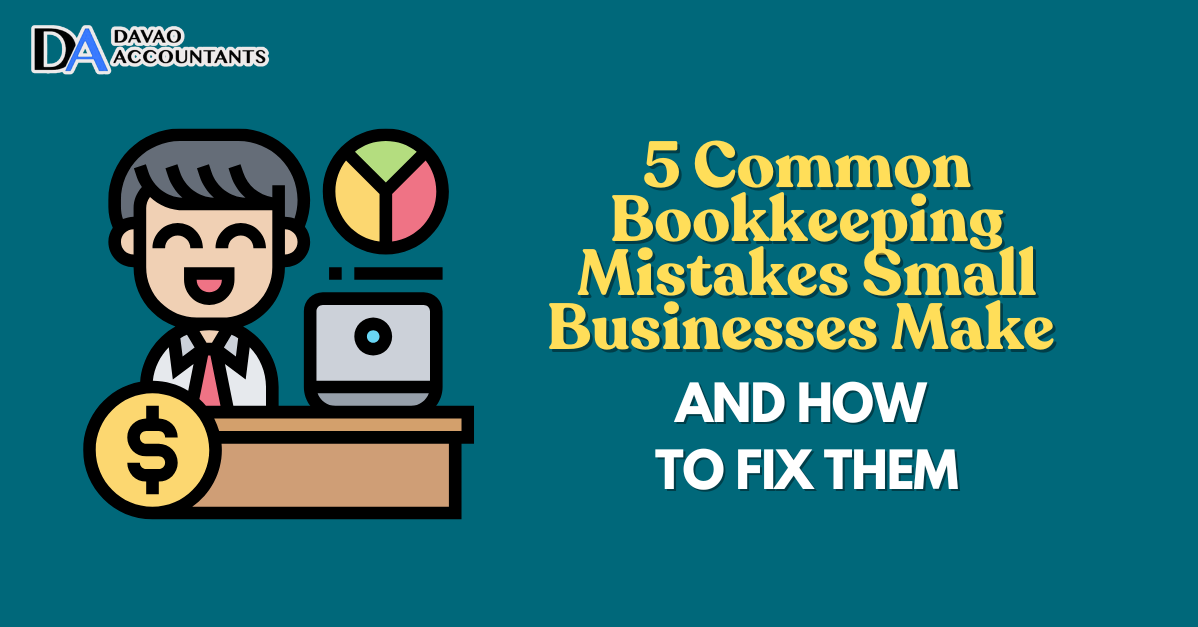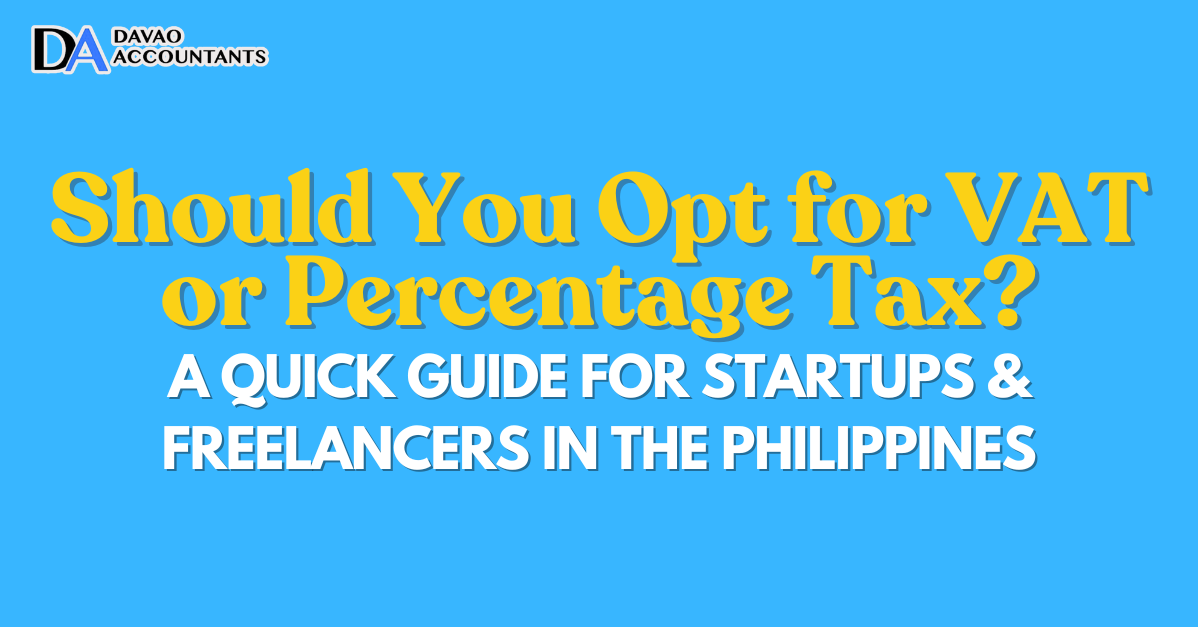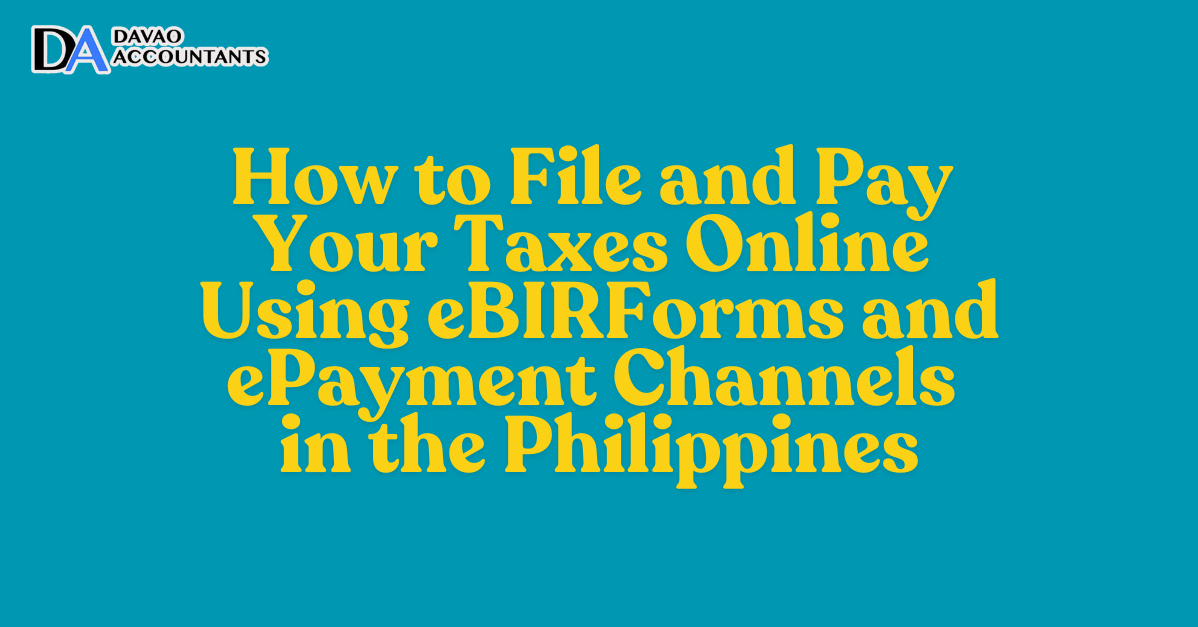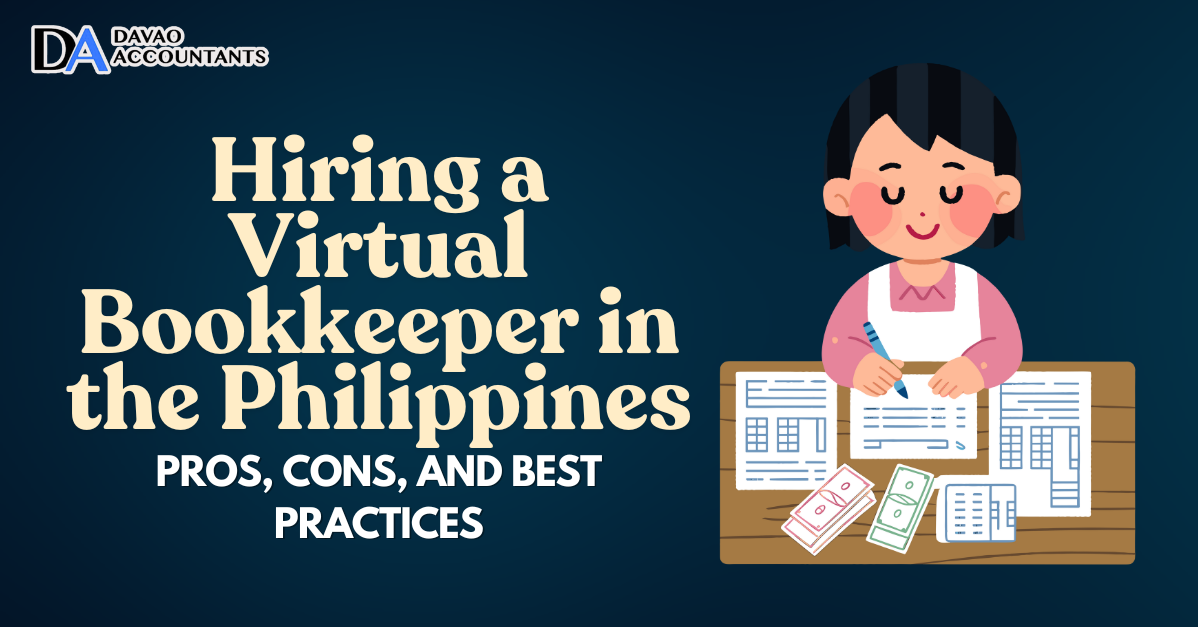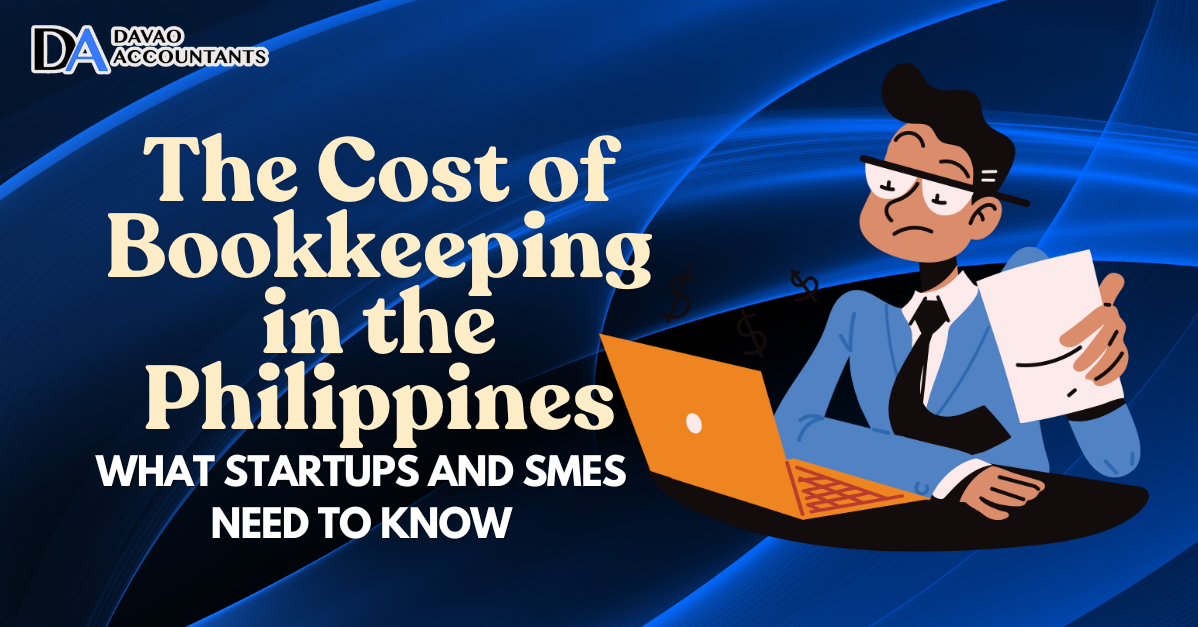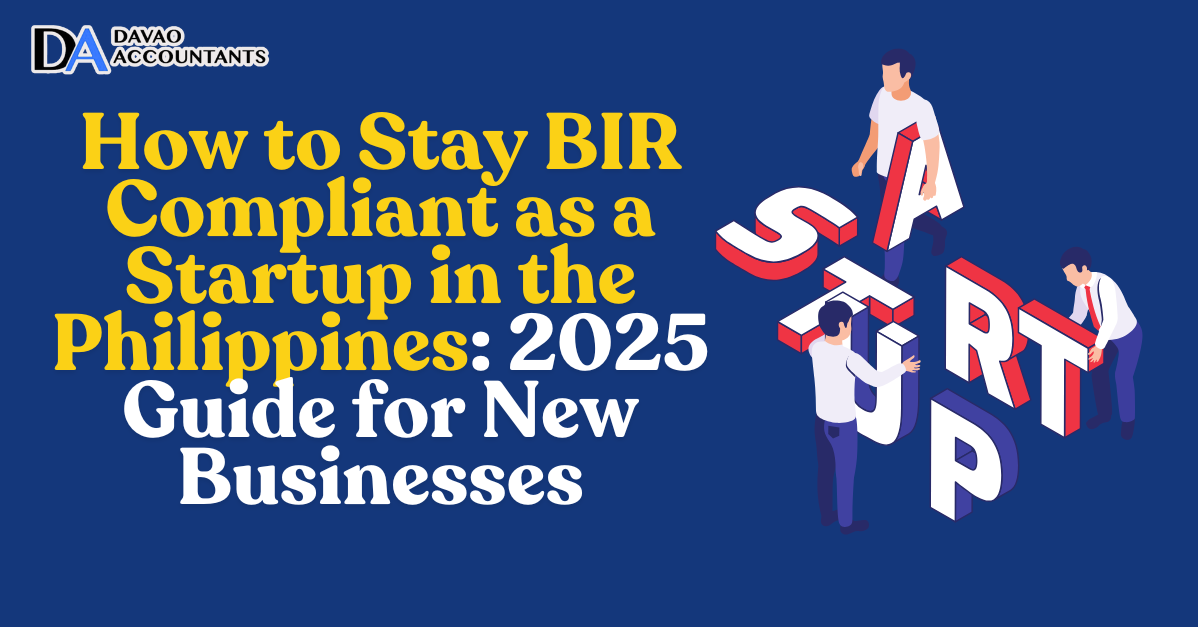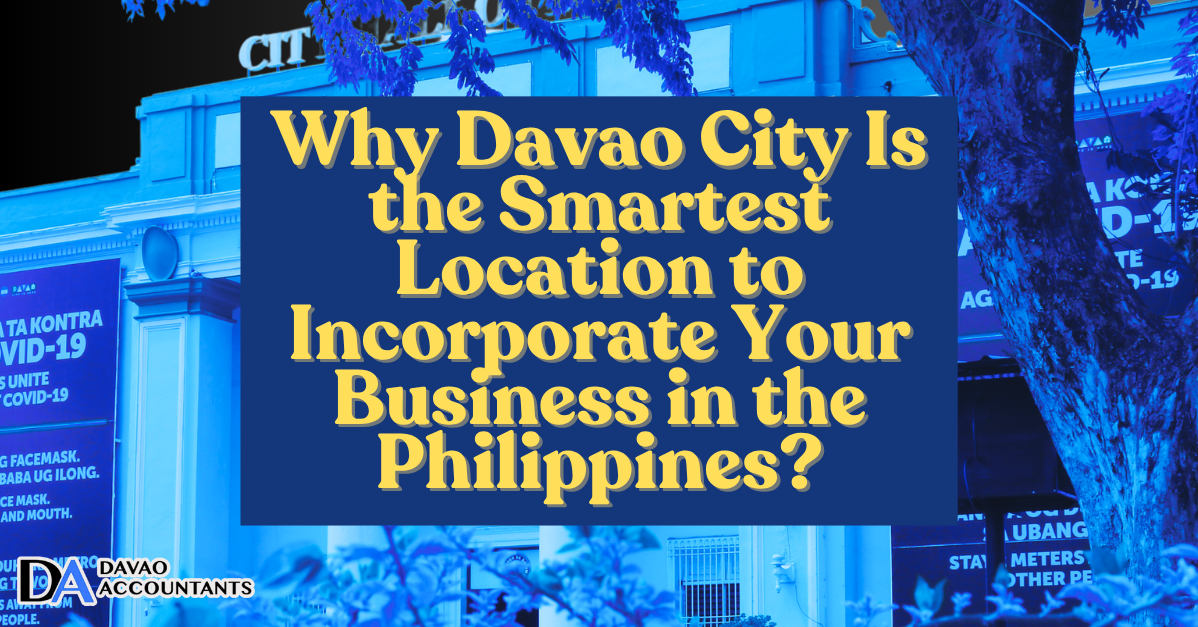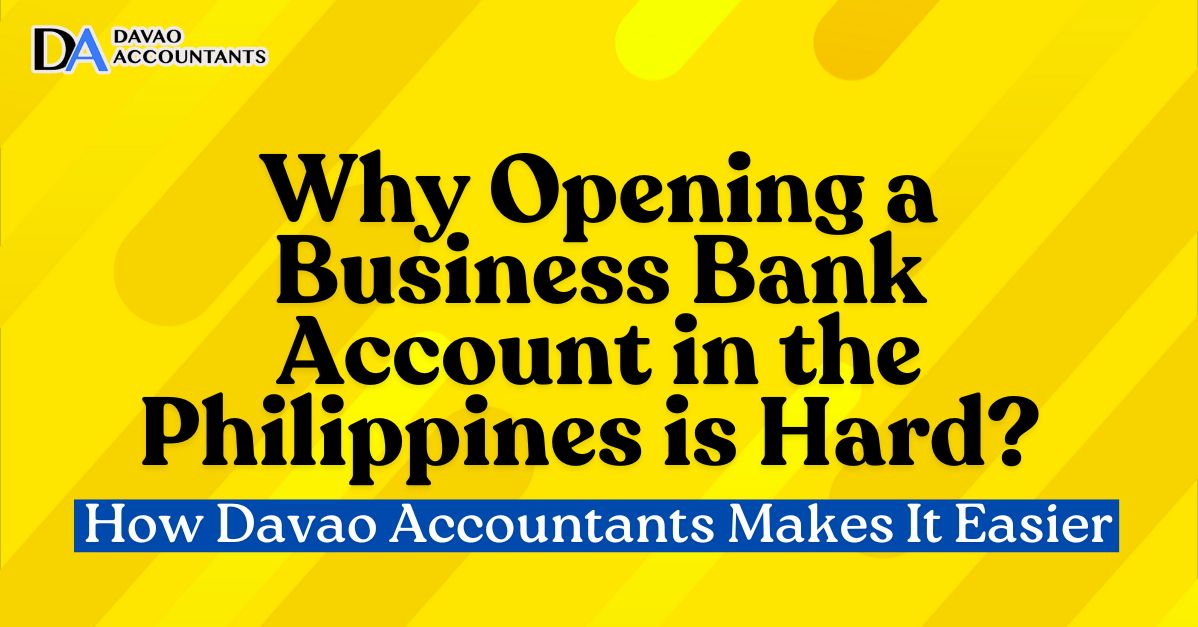If you’re an Australian business hiring Filipino talent directly as “contractors,” your risk profile has changed—fast. Australia’s evolving employment laws and enforcement posture, combined with the Philippines’ strict payroll tax and social-security framework, mean the old, lean, direct-contractor workaround can now expose you to misclassification claims, back pay, superannuation liabilities, penalties, and reputational damage. The simplest way to de-risk? Engage talent through a compliant Employer of Record (EOR) so you can scale in the Philippines without inheriting the legal and administrative burdens of being a local employer.
This guide breaks down what’s changing, why “contractor” labels are shakier than you think, and how EOR with Davao Accountants keeps you compliant in both Australia-facing risk and Philippine law.
Table of Contents
Toggle1) The Australian backdrop: the tide has turned on “contractors”
Two things matter now more than ever: (1) how the relationship is structured and performed in practice, and (2) whether the law treats your “contractor” as an employee for specific obligations like superannuation.
- Contract vs. reality. After the High Court’s 2022 rulings in Personnel Contracting and Jamsek, Australian tribunals put heavy weight on the contract terms to classify a worker, but that didn’t end the debate. More recently, the Closing Loopholes reforms updated the Fair Work Act to emphasize the “real substance, practical reality and true nature” of the relationship—including how work is performed day-to-day. Translation: even with clean paperwork, the way you direct, roster, and integrate a worker can still point to “employee.”
- Superannuation still bites contractors. The ATO requires super where a contract is “wholly or principally for labour,” even if you call them contractors with an ABN. So you can be on the hook for Superannuation Guarantee (SG) for people you believed were outside the employee bucket.
- Sham contracting risk. Misrepresenting employment as independent contracting remains unlawful, and the Fair Work Ombudsman continues to pursue cases—public penalties and backpay make headlines. Intent doesn’t save you if the arrangement walks and talks like employment.
Bottom line for Australian employers: “Contractor” is not a magic shield. If the work is ongoing, controlled, and integrated—especially full-time hours for a single client—you’re in the misclassification danger zone.
2) The Philippine side: strict payroll taxes and social security
If you engage Filipino professionals as employees, Philippine law expects you to run compliant payroll and remit:
- Income tax withholding on compensation as a registered withholding agent with the Bureau of Internal Revenue (BIR), filing forms like BIR 1601-C monthly, and issuing BIR Form 2316 annually.
- Compulsory social contributions: SSS (pension), PhilHealth (health), Pag-IBIG (housing)—with both employer and employee shares remitted on time. Non-compliance exposes companies (and responsible officers) to surcharges, interest, civil, and even criminal liability.
For “contractors” in the Philippines, the onus shifts to the individual to register, pay income tax/percentage tax or VAT, and contribute voluntarily to SSS/PhilHealth/Pag-IBIG. But here’s the catch: if the relationship functions like employment, Philippine regulators can scrutinize it, and you risk falling into prohibited labor-only contracting territory if the intermediary (or you) merely supplies labor without the capital, control, and independence required by DOLE rules.
Net effect: When Australian companies hire directly without a Philippine entity, they either (a) operate a shadow payroll without remittances (high risk), or (b) push risk onto individuals as contractors (also risky if the job looks like employment). Either pathway is fragile.
3) Where misclassification typically sneaks in
You may be misclassifying if your “contractors”:
- Work exclusively (or near-exclusively) for you, full-time, on your schedule
- Use your tools, follow your SOPs, and require pre-approval for leave
- Are embedded in your teams with ongoing duties (not discrete projects)
- Are performance-managed like employees and receive set monthly pay
Each checkbox that looks like control and integration increases the chance regulators (or courts) call it employment, in Australia for super/leave/entitlements, and in the Philippines for payroll, taxes, and benefits. The new Australian framework explicitly looks to the practical reality of the arrangement, not just the label.
4) What’s the real cost of getting it wrong?
- Back-pay & entitlements: underpayments, annual leave, public holidays, overtime loadings, notice, redundancy, 13th-month (Philippines), etc.
- Superannuation: SG shortfalls plus interest and penalties in Australia, even for “contractors” caught by the SG test.
- Penalties & prosecutions: Fair Work penalties (Australia) and potential civil/criminal exposure for missed Philippine contributions and withholding.
- Contract risk: If an intermediary is used in the Philippines without genuine independence, labor-only contracting prohibitions can apply, dragging the principal into joint liability.
- Reputation & talent: Filipino professionals value stability, statutory benefits, and clear payslips; misclassification scares off great candidates.
5) Why does an Employer of Record (EOR) fix the problem
An EOR legally employs your Philippine team on your behalf, so you control day-to-day work, but the EOR handles:
- Locally compliant employment contracts aligned with Philippine labor law
- Payroll in PHP, with correct withholding tax and BIR filings
- SSS, PhilHealth, Pag-IBIG registration, and monthly remittances
- Statutory benefits administration (13th-month pay, leaves, holidays)
- On/Off-boarding and compliant terminations if required
With the EOR as the legal employer, you bypass entity setup and avoid accidental non-compliance while maintaining operational control of work product and performance.
6) Direct hire vs. EOR vs. “contractor”: a quick decision lens
A. Direct Hire (Philippine entity required)
Best if you’re building a long-term hub (10+ headcount), want to sponsor workspaces, and can shoulder HR/payroll/BIR/SSS/PhilHealth/Pag-IBIG systems in-house. Consider a Philippine corporation with full registrations, payroll software, and local HR.
B. Employer of Record (No entity required)
Best if you want speed, compliance, and flexibility. EOR gives you the benefits of compliant employment without incorporation—ideal for the first 1–30 hires, pilots, or distributed teams in multiple PH cities.
C. “Contractor” (Individual)
High risk if the role is ongoing, exclusive, and controlled. Over time, many “contractors” trend toward employee-like arrangements. Australian super rules and Fair Work enforcement amplify the risk; Philippine DOLE/BIR/SSS frameworks add additional exposure.
7) Compliance snapshots you can’t ignore
Australia-facing exposure (for your HQ’s risk):
- Superannuation: SG may be owed to contractors whose contracts are mainly for labour, even with ABNs.
- Fair Work: Updated employment definition looks to the true nature of the relationship, risk of sham contracting, and penalties remain very real.
Philippines-side non-negotiables (for your PH team):
- BIR withholding on compensation (e.g., 1601-C monthly), if you are the employer or if your EOR is the employer of record.
- SSS, PhilHealth, Pag-IBIG employer/employee contributions; late or non-payment carries surcharges and potential criminal exposure.
- Anti-labor-only contracting: If an intermediary simply supplies people without capital/independence/control, the principal can be liable.
8) Case example (typical): the “senior accountant contractor”
An Australian firm engages a “contractor” senior accountant in Davao, 40 hours per week, for indefinite work. The worker:
- Follows your roster and uses your systems
- Reports to your finance manager
- Receives a flat monthly fee (no VAT)
- Takes leave only with your approval
Risks triggered:
- Australia: SG likely payable (contract for labour); misclassification risk if the relationship is employee-like under the new definition.
- Philippines: If treated as an employee without proper registrations, no BIR withholding, no SSS/PhilHealth/Pag-IBIG; potential liabilities mount. If pushed through a thin intermediary, labor-only contracting exposure arises.
EOR solution: Davao Accountants onboards the accountant as a regular employee of the EOR, runs compliant payroll, remits all statutory contributions, and issues all required documentation. You keep control over day-to-day work and performance, minus the legal drag.
9) How Davao Accountants’ EOR reduces friction (and risk)
Locally compliant contracts. We draft employment agreements that fit the role (e.g., accountant, payroll specialist, AR/AP), handle 13th-month pay, leave accruals, and local holidays.
Full payroll & tax filing. Payroll in PHP, payslips, BIR 1601-C remittances, BIR Form 2316 issuance, and year-end reporting—done on time.
Government contributions. SSS, PhilHealth, and Pag-IBIG registrations and monthly filings are handled end-to-end.
Benefits design. Statutory entitlements plus optional add-ons (HMO, allowances) to match Australian expectations around wellbeing and retention.
Clean off-boarding. Performance documentation, due process, final pay, and government clearances were managed lawfully to avoid disputes.
Data security & audit trails. We maintain records and payroll evidence that withstands scrutiny—useful for both Australian and Philippine audits.
10) What to do next (practical steps)
- Map your current PH workforce. Who’s a “contractor”? How many hours? Exclusive? Tools? Chain of command? Identify red flags like full-time exclusivity and controlled schedules.
- Quantify exposure. In Australia: potential SG shortfalls and misclassification risk under Closing Loopholes. In the Philippines, missed withholding and social contributions.
- Prioritize migration. Re-engage high-risk “contractors” via EOR. For critical hires, move first. You can keep your team intact but de-risk the legal framework.
- Standardize going forward. New Philippine hires should go through EOR or a duly registered local entity with complete payroll compliance.
- Get help. Have Davao Accountants assess contracts, payslips, and processes; design a compliant EOR rollout plan in as little as 2–4 weeks.
11) FAQs from Australian companies
Q: We already have contractor agreements. Is that enough?
A: Not necessarily. Australia’s updated framework looks at how the relationship actually works. If it’s exclusive, ongoing, and controlled, you’re at risk regardless of the label.
Q: Can’t the Filipino contractor just handle their own taxes?
A: For genuine independent contractors, yes—but if the role is employee-like, you risk exposure on both sides. An EOR ensures Philippine payroll taxes and social contributions are correctly handled and documented.
Q: What about superannuation for overseas workers?
A: The SG test (contract wholly or principally for labour) still matters for Australian risk when the relationship is run from Australia. Speak to your Australian advisors; don’t assume “offshore” equals “no SG risk.”
Q: We plan to build a 20-person finance hub. Should we still use EOR?
A: Many clients use EOR to launch quickly, then incorporate later once scale justifies it. We can support both paths and migrate staff to your own entity when you’re ready.
12) The takeaway
The direct-contractor model no longer aligns with the legal and enforcement reality. Between Australia’s superannuation and Closing Loopholes changes and the Philippines’ rigorous withholding and social-security regime, misclassification is a high-probability, high-impact risk. An EOR with Davao Accountants delivers the simplest compliance win: hire the talent you want, operate the way you need, and sleep at night.
Talk to Davao Accountants
Ready to de-risk your Philippine team? We’ll audit your current arrangements, outline exposure, and migrate you to a compliant EOR framework, often within weeks. Message us to start with a no-obligation assessment and a clear, fixed monthly price per employee.
